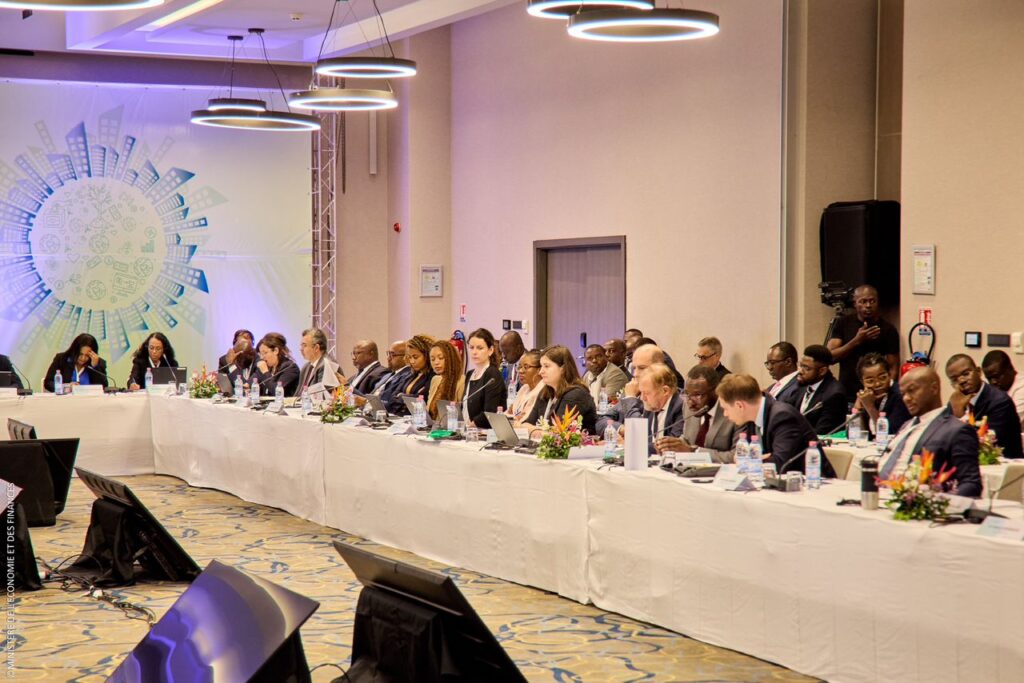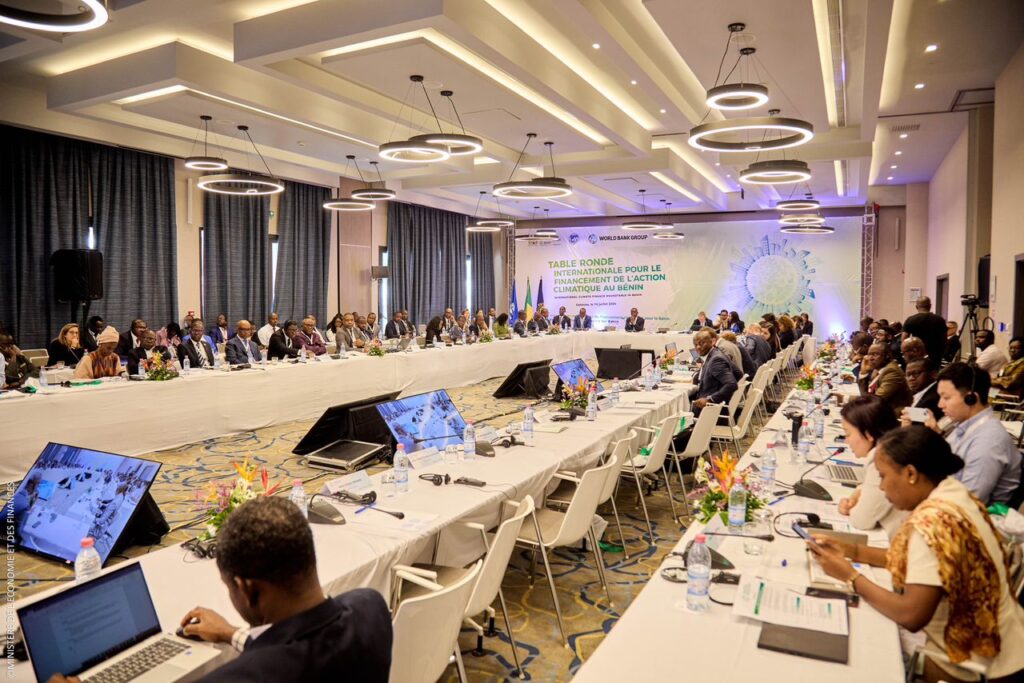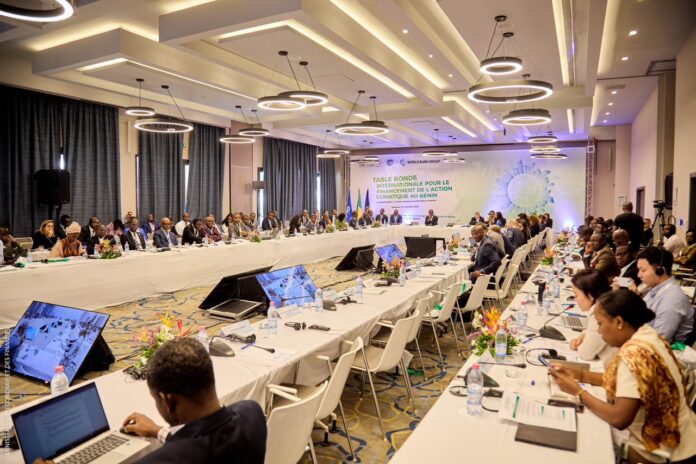The round table on climate financing concluded today with a strong message of commitment and gratitude. The participants, gathered to discuss climate financing strategies, praised Benin's significant advances in this area.
Remarkable progress supported by international partnerships
For years, Benin has shown leadership in climate financing. With the support of partners such as the World Bank and the IMF, the country has not only acceded to the Resilience and Sustainability Mechanism, but has also put in place a transparent carbon regulatory framework. These pioneering efforts have set a precedent in Africa, showing the way forward for other nations on the continent.
The realities of climate change: An urgent challenge to be met
Today's discussions highlighted the considerable challenges posed by climate change. Rising temperatures, changing rainfall patterns and increasing pressure on agriculture are directly threatening the livelihoods of the people of Benin. In the face of this vulnerability, it is imperative to adopt robust adaptation and mitigation strategies.
A constant commitment to sustainability
Benin has demonstrated its commitment to environmental sustainability through legislative actions aligned with the Sustainable Development Goals (SDGs) and its climate commitments. Innovative financing initiatives, such as the issuance of ODD bonds, have enabled significant investments to be channeled into key sectors such as health, education and infrastructure.

A pressing need for increased funding
Despite progress, the needs remain immense. With an estimated $10.5 billion needed for adaptation and mitigation measures by 2030, Benin must continue to seek sources of green finance and strengthen its frameworks to attract and use these funds effectively.
The private sector: a key partner
The role of the private sector is crucial in bridging the climate financing gap. It is essential to create a favorable environment for business participation and investment. To achieve this, collaboration between governments, development finance institutions (DFIs) and the private sector is essential to reduce risks and make investments attractive.
Development finance institutions in the driver's seat
DFIs need to play a catalytic role in derisking impact investments and environmental projects. By using guarantee mechanisms and anchoring investments in the mitigation outcomes of Nationally Determined Contributions (NDCs), they can attract more private capital.

A call to action
Climate change represents a global challenge with far-reaching implications. Africa's climate priorities, such as combating desertification and access to energy, are essential for food security and livelihoods. These issues transcend borders and require concerted action.
Towards COP 29: Concrete actions to look forward to
Today's discussions must be translated into tangible action. The priority mechanisms identified must be structured by COP 29 to deliver concrete solutions. Participants pledged to continue this constructive dialogue and to work together to achieve common goals.
The roundtable not only highlighted the challenges facing Benin and Africa, but also showed the way forward in overcoming these obstacles. Together, through innovative financing solutions and close collaboration, we can create a more sustainable future for all.
The Beninese authorities concluded by thanking all the participants for their dedication and invaluable contributions, as we continue to move forward together towards a resilient climate future.
Views: 698




